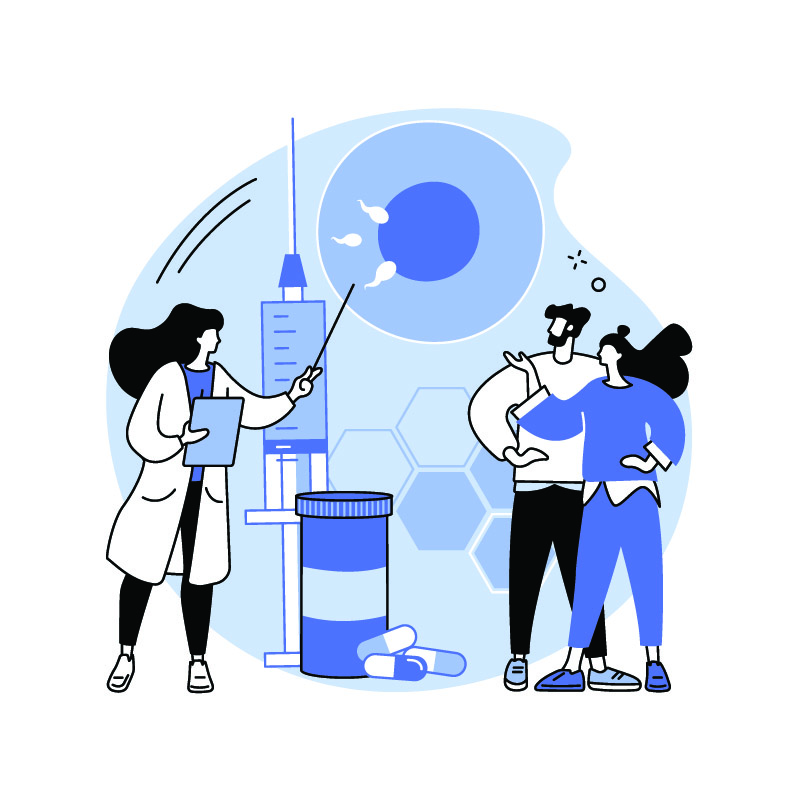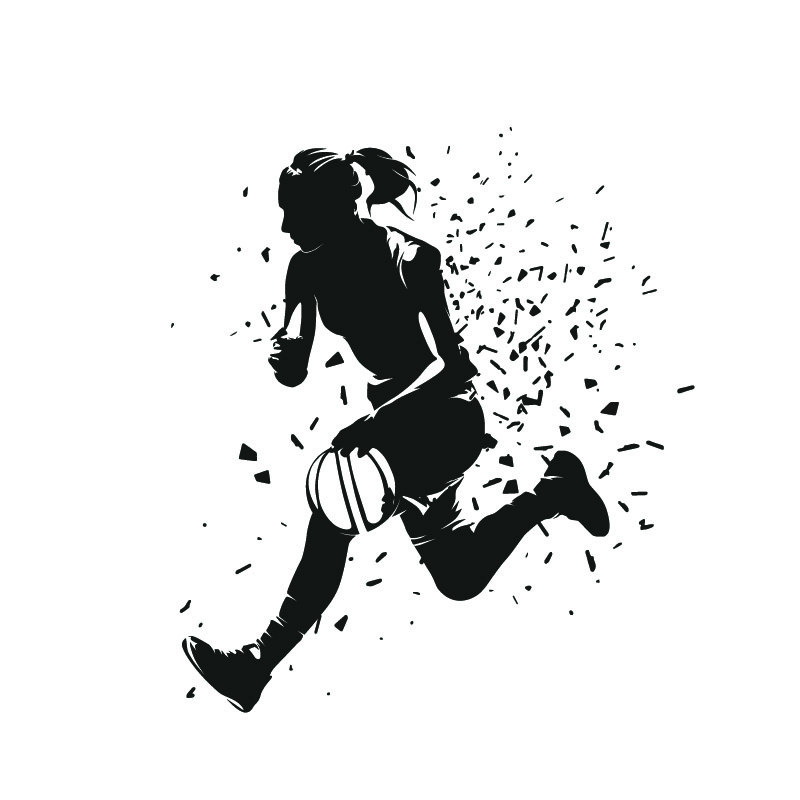Experiential Learning Opportunities

Justice in Action: Student Projects and Experiential Learning Opportunities
Contribute to equity, access to justice, and innovation through action
In addition to the valuable academic and Integrated Practice Curriculum education that students receive in the classroom, the Lincoln Alexander School of Law offers students the opportunity to participate in in-house projects and experiential learning opportunities, which typically involve helping real people with real legal problems.
In line with the Lincoln Alexander School of Law’s four key pillars, these opportunities offer practical experience in relation to equity, access to justice, and innovation and technology. Students have the chance to work with clients, develop practical legal knowledge and skills, and grow their professional legal networks. As part of these opportunities, students typically work on actual cases, research, and/or public legal education materials, under the supervision and guidance of highly skilled lawyers and professionals with considerable expertise.
The Lincoln Alexander School of Law’s legal justice projects and experiential learning programs are funded in part by the Law Foundation of Ontario.
2025-2026 Legal Justice Projects

The Fertility Justice Project is an emerging multi-disciplinary think tank focused on advancing reproductive equity in Canada through research, advocacy, and legal innovation. Students will lead a focused research initiative aimed at improving access to fertility and assisted reproductive care, with a focus on equity. Students will also contribute to creating public-facing reports, facilitating legal education sessions, organizing panel discussions and engaging in policy advocacy on issues ranging from fertility care discrimination to surrogacy regulation and insurance reform.
Project Principal: Salima Fakirani

The Sport Equity and Justice Project (external link) is dedicated to advancing justice, equity, and inclusion in sport. Rooted in a commitment to transformative advocacy, community-centred education, athlete health and wellbeing, sports technology, and responsive client service, the project will work to dismantle systemic barriers within the sports ecosystem. Students will explore legal and policy issues in sport, co-lead research projects, organize Canada's first women-focused sports law competition, and contribute to public legal education and advocacy.
Project Principal: Sheetal Maya Nanda
2025-26 Experiential Learning Opportunities
For the 2025-2026 academic year, the following opportunities will be available to students:
Amnesty International Canada (external link) is a global human rights organization that campaigns to protect and promote human rights worldwide. The student will lead the development and management of a strategic legal clinic page, focused on promoting Amnesty International’s human rights work and amplifying its ongoing legal initiatives through public-facing reports, legal education materials, drafting briefs and monitoring legal developments.
The Slingshot Clinic (external link) is a collaboration with Gilbert's LLP (external link) to assist clients who face barriers to accessing legal services by providing pro bono legal advice regarding their companies, not-for-profit organizations, and charities. This opportunity enables students to develop corporate and commercial legal skills by working directly with founders and organizations under the supervision of experienced lawyers.
Human Rights Services (HRS) is a unit within the Office of the Vice-President of Equity and Community Inclusion at Toronto Metropolitan University. HRS supports and works with the university community to ensure that study, work, and living environments are free of discrimination and harassment, in accordance with Ontario's Human Rights Code. Students will join as paid research assistants, supporting the Case Management Team, and contribute to the development of a human rights case law catalogue, create educational resources, and conduct legal research related to complaints under the university's Discrimination and Harassment Prevention Policy and Sexual Violence Policy.
Legal Aid Ontario's Refugee Law Office (RLO) represents refugees and other vulnerable migrants on a range of legal matters related to their liberty interests and their requests for refugee protection or humanitarian consideration. Students have the opportunity to gain hands-on experience conducting client interviews, legal research, drafting documents, and reporting to supervising counsel.
Students selected for this opportunity will work with Health Law Firm LLP (external link) , a boutique firm that represents healthcare professionals across a range of regulatory and legal matters. Students will conduct legal research, attend hearings, and contribute to public interest lawsuits, developing insight into health law, professional regulation, and administrative tribunals.
The Centre for Free Expression (CFE) is a non-partisan platform dedicated to promoting freedom of expression, advocating for the right to express oneself, be heard, and participate in political, artistic, and social life. Students will work on paid research projects related to academic freedom, children's rights, or privacy legislation, developing skills in legal writing, policy analysis, and advocacy.
Froese Law (external link) is an award‑winning, Toronto-based boutique law firm bridging the gap between Bay Street and the creative world. The firm specializes in corporate and commercial law, brand protection, and intellectual property, including trademarks, copyrights, industrial designs, as well as entertainment and technology law. As legal interns, students will gain hands-on experience conducting research, drafting precedents, and supporting client-facing and firm-wide initiatives across employment, industrial design, and entertainment law matters.
Don Valley Community Legal Services (DVCLS) (external link) is a community legal clinic funded by Legal Aid Ontario. DVCLS provides free, legal clinic services to individuals of modest income in the areas of housing, immigration and refugee law, employment law, and income support. Students will support DVCLS's Intake and Immigration Teams by assisting with managing clinic walk-in sessions, conducting legal research, drafting affidavits, and filing procedural documents for refugee and immigration clients. This opportunity offers valuable hands-on experience with real client cases and exposure to Canada's immigration and refugee law system.
Youth Research & Evaluation eXchange (YouthREX) (external link) supports youth programs by providing resources, knowledge mobilization, and capacity building. They focus on making research and evaluation practices accessible to the grassroots youth sector. Students will translate youth-centred research into actionable policy briefs, legal literacy guides, and advocacy materials.
The Wrongful Conviction Law Review (external link) (WCLR) is an open-access, peer-reviewed international journal focusing on wrongful convictions and miscarriages of justice. Students will participate as members of the student editorial board, gaining experience reviewing academic submissions, editing citations to meet McGill Guide standards, and potentially writing book or case reviews.
The Ontario Deputy Judges Association (external link) is a membership-based organization that strives to represent and advance the interests of Deputy Judges by helping preserve the integrity and independence of the judiciary. Students will conduct civil law research in response to legal queries submitted by Deputy Judges, preparing legal memos and case summaries, and gaining insight into small claims litigation and judicial reasoning.
JusticeNet is a not-for-profit access to justice program dedicated to helping low and middle-income Ontarians connect with legal professionals when they cannot afford standard legal fees. Students will assist individuals navigating the legal network and connecting them with appropriate legal professionals.